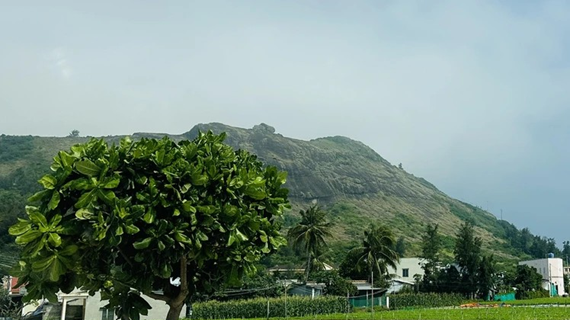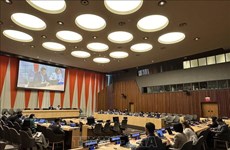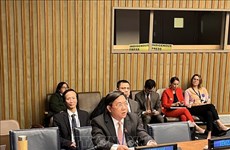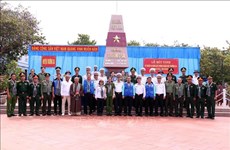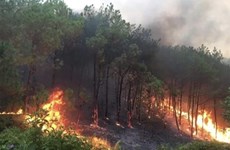Basic geological survey planning on minerals for 2021-2030 released
A basic geological survey planning on minerals for the 2021-30 period with a vision to 2050 has been released by the Vietnam Geological Department under the Ministry of Natural Resources and Environment.
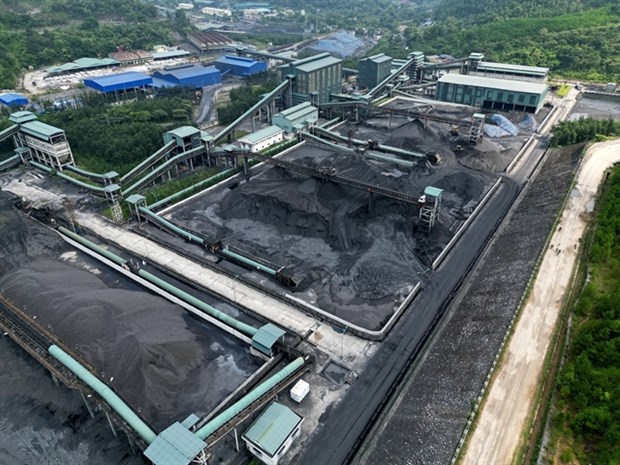 Coal mining in the northern province of Quang Ninh (Photo: VNA)
Coal mining in the northern province of Quang Ninh (Photo: VNA)Addressing the launching ceremony in Hanoi on July 31, Tran Binh Trong, head of the Vietnam Geological Department, said the planning has received feedback from ministries, including those for industry and trade, construction, finance, national defence, science and technology, and transport as well as 63 provinces and cities, and geological and mineral experts.
The planning shows the importance of a basic geological survey on minerals as prescribed in the Politburo resolution and the Government’s strategy.
The planning consists of ten key tasks to be implemented from now until 2030.
One of the tasks is to evaluate mineral potential in newly-discovered, large-scale areas and others with high demand; assessing important metal minerals such as uranium, thorium, rare earth, tin, tungsten, copper, nickel, gold, and river bed gravel, as well as paving stone, silica white sand, and industrial limestone.
The planning will also look into geological hazards in high-risk mountainous areas.
It encourages organisations and individuals to invest in and evaluate mineral potential.
Eight groups of solutions have been proposed including three breakthrough solutions - Financial and management mechanisms for basic geological surveys of minerals; application of science and technology; and training and capacity building.
Trong said the planning implementation is expected to obtain important results, providing data and serving as a foundation for mineral exploration and exploitation, and meeting the mineral demand for socio-economic development, national defence and security.
The geological survey results will provide an information system integrated with the database on environmental resources, serving timely and effectively the geological information needs of sectors and localities.
The database will also issue warnings, and seek to prevent and minimise adverse impacts of climate change and sea level rise, he said./.





